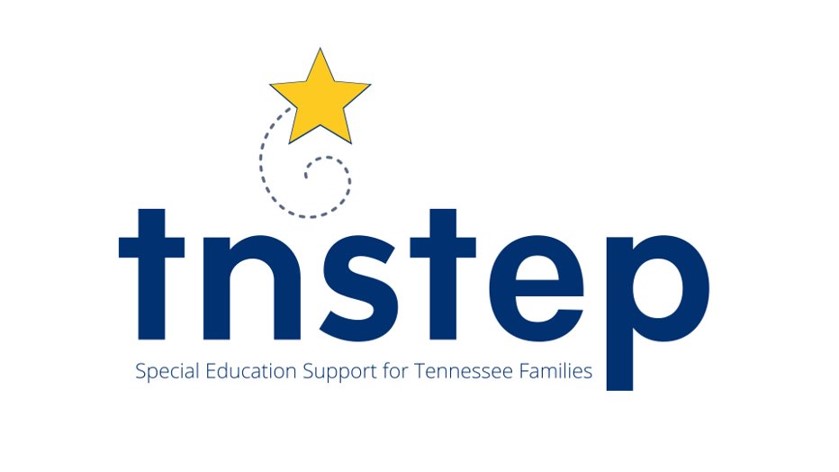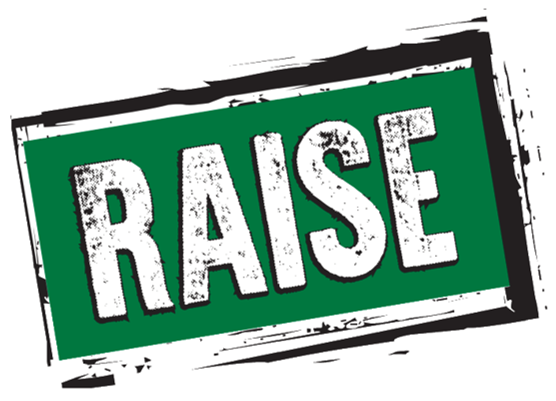Recreation and leisure are vital. Not only does play provide joy, it helps with stress, mind and body skills, creativity, and can be a great way to meet people. Recreation can also help youth learn skills to apply in school and at work. For example, trying to excel in basketball can lead a young person to feel more compelled to do well academically. Learning to lose or failing and trying again teaches a young person to recognize that obstacles and struggles can be overcome.
By starting young, while still in school, youth can learn wellness skills that last a lifetime.
So just go play? Not so simple. The National Institutes of Health (NIH) have called recreation and leisure skills a “neglected component of navigating life after high school planning.” Research from the Center for Disease Control (CDC) suggests that people with disabilities are less likely than those without disabilities to be physically active. The CDC also notes that children and adults with disabilities are more at risk for obesity and secondary conditions such as heart disease and diabetes.
Click here to read more.

